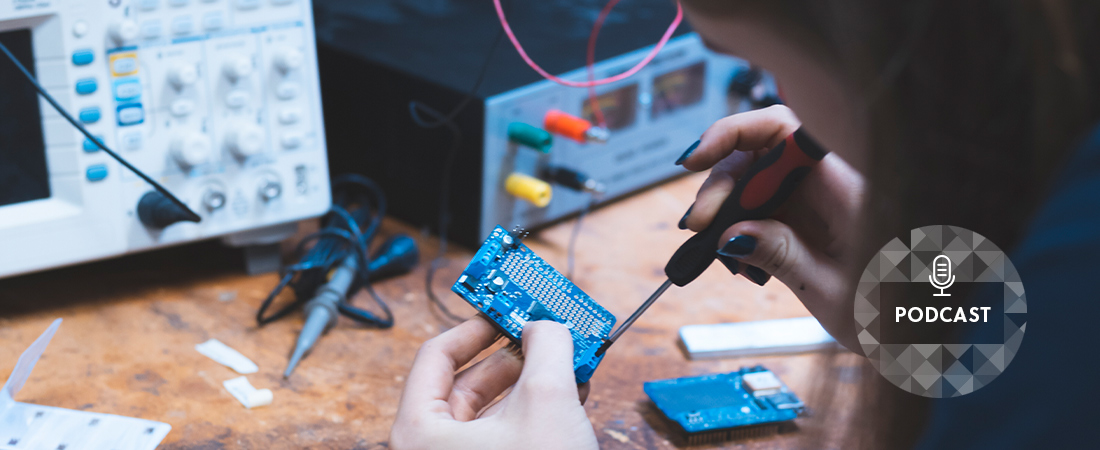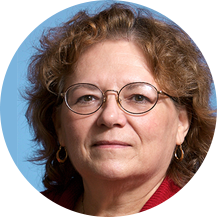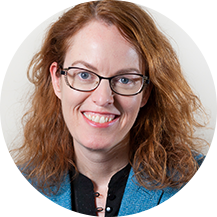How Should Schools Prepare Students for Jobs of the Future?

Listen in as our experts discuss a wide range of current topics. Check out all of our podcasts.
As advances in technology continue to reshape the American workplace, how well are schools preparing young people for the opportunities that await them? In this podcast, EDC’s Joyce Malyn-Smith and Katherine Shields discuss the types of skills that today’s students need in order to succeed in tomorrow’s economy. They also explore the potential of career academies to deliver a high-quality, relevant education to high school students.
On the importance of data literacy
Malyn-Smith: We’re finding that the kind of skills that people are going to need . . . are things like data, that data-based decision-making is all around us . . . Data is used to support facts and also to mislead, so it’s important for everyone—all students, people who want to be successful in today and tomorrow’s world—to understand data and to be able to tell the data story.
On the need for alternatives to the traditional high school model
Malyn-Smith: [Thirty years ago], we were doing a focus group in the Exxon oil refinery in Baton Rouge . . . where we were asking people, what is it that you want [process engineers] to know and be able to do? And the director . . . slammed his hand down on the table, and said “I don’t want any four year college graduate running my multi-million dollar lab. I want someone who knows what they are doing.” . . . And what he was really talking about was the importance of someone who has technical skills and knowledge, and that a straight academic program is no longer enough to be successful in this new world of work.
On how career academies can be that alternative
Shields: [Career academies] try to offer both academic courses that are really going to prepare students adequately for college, and at the same time those students are taking technical courses that prepare them for particular occupations, and thirdly they are getting transferrable skills—these skills that will serve them in the jobs of the future.
On what career academy students are saying about their regular classes versus their career technical classes
Shields: I talked to one girl who said, in her regular math class, the teacher would just kind of follow the book—chapter 1, chapter 2. She said that they never got to talk in that class or say anything; they didn’t get to pick what they were working on. Then she would go to her culinary class, and she said that it was ok to mess up there. She could learn from her mistakes. She got to have more choice in picking what skill she wanted to learn or what question she want to follow up on. . . . So that was just a basic pedagogical difference that [students] experienced that they liked.
Want to learn more? Read Malyn-Smith’s recent article “CTE and the Future of Work,” as well as a report on the skills needed at the human-technology frontier.

